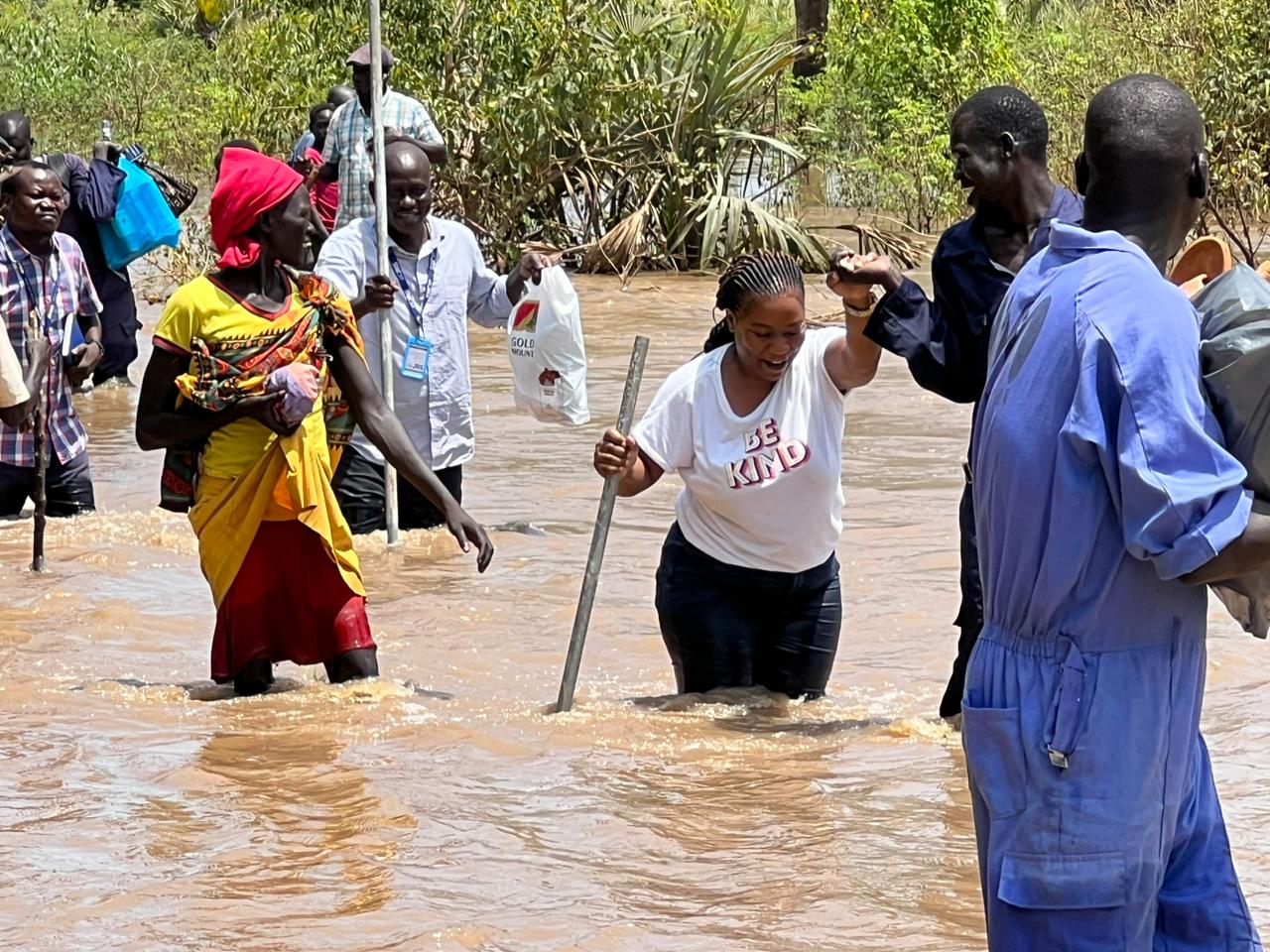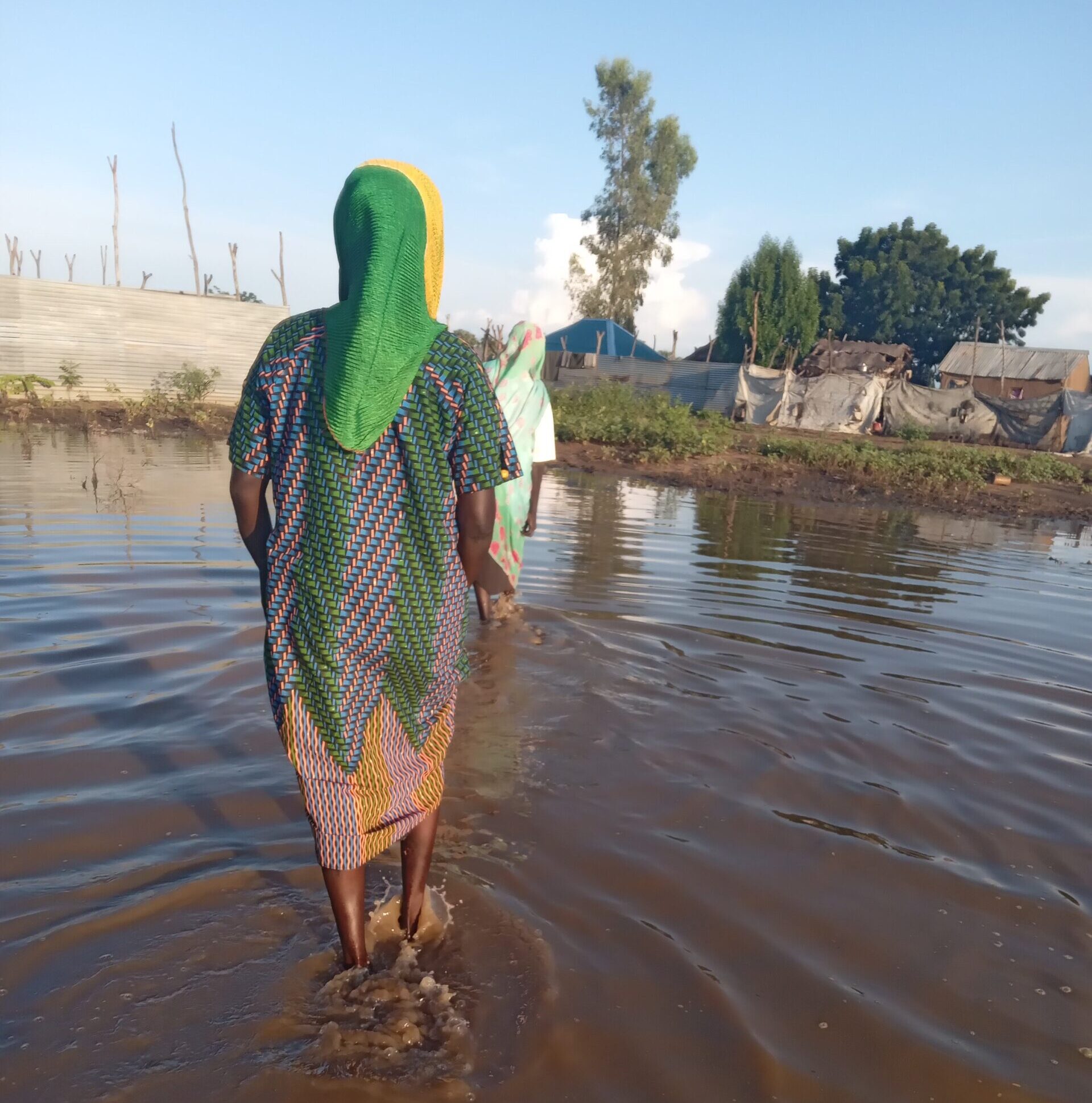
‘You Shall Be My Witnesses’
The 10th October is the feast of St Daniel Comboni, an Italian missionary and one of the first to come to Sudan. He was the only surviving child of a family of 8. He endured the judgement of many for leaving his aging parents to follow a deep conviction to dedicate his life in service to the people of Africa. Like so many before him, he died young (aged 50 years) during a cholera epidemic, but not before leaving an amazing legacy of love and service which lives on to this day in South Sudan. On his feast day, the Cathedral of St Teresa’s in the Archdiocese of Juba was filled with people who came to honour him. His legacy is in education, in championing the role of women and the laity in an inclusive, expansive vision of Church. He is seen as an honorary patron saint of South Sudan. Today his feast was celebrated all over the country. The strength of this evenings gathering is a testament to the power of one person’s response to the call to be witness to the love of God, a witness that has gone on to inspire generations later.
With the support of Irish Jesuits International, we as Jesuit Refugee Service (JRS) have an important and valued presence in South Sudan. One of these is in Maban County, Upper Nile State where we have a teacher training, occupational and physiotherapy programme, services to the refugee and local host community and provide various supports to local schools. JRS Maban also supports the local parish and provides pastoral accompaniment to many in the absence of a parish priest. Maban which is a very isolated and deprived area bordering Sudan and Ethiopia where approx. 160,000 refugees and 60,000 local people live very simple and precarious lives.
On 17th August this year, people here endured numerous incidents of serious flooding. Heavy rains from the Ethiopian highlands were carried upstream on the river Yablus inundating the low-lying areas in Maban, destroying houses, crops and drowning small animals. In the early days of the flooding with our own compound inundated, pit latrines were overflowing and road access to many places including the refugee settlements were cut. It was difficult to begin to know how to start responding to the needs of others! Yet orienting our focus outwards, one of the ways we accompany people in their suffering is to simply get out and about amongst them, be visible, witness the suffering and the resilience and, from there, in faith we find a way of responding to the most critical needs – food, blankets and shelter. The Jesuit and SVD (Society of the Divine Word) priests working as part of our wider team also pressed on with the mobilization of community preparations for celebrating the feast of St Comboni. In this way we also help create some normality, lifting people’s eyes and spirits from the water to focus for a short time on this community celebration.
You shall be my witnesses – in big and small ways, day by day
As we moved around some of the communities affected by these floods, a woman started shouting. She was angry and frustrated. We stood and listened. We came to understand that the heavy rain the night before had taken its toll. She was tired of the water, the mess and the misery, and she needed to vent. So, we listened, and after two minutes she fell silent. Nothing had immediately been resolved, but, she had felt heard and seen in her misery and frustration which seemed to give her some satisfaction. As JRS we must also accompany and be witness to people in this way. It is important to take time to listen, help carry a heavy sack across a stretch of flood water, give something to the hungry animals around our compound, take time to drink coffee with the elderly as a mark of respect and care. These things do not, in the first stages of a crisis require silver and gold, only a heart oriented outward toward the suffering around and about us.

To me, having a missionary spirit means courageously loving God and neighbour by word and deed as part of everyday life. It means a corporal ‘all in’ commitment toward working for justice and the common good day by day. It means in faith, doing what we can with the gifts we have been given and trusting for the rest. It doesn’t require coming to Africa, or even leaving your home-town to live this commitment. But, rather, it means making a clear choice about the life we want to live, from a place of deep desire, and being prepared day by day to make sacrifices in service to that choice.
When I have visited other Jesuit works in South Sudan I see this same spirit alive and kicking. The Jesuit co-ed secondary school in the city of Wau, Loyola Secondary School, was occupied by armed forces for 26 years during civil conflict before being re-opened in 2006. The Jesuits here lived through a lot of conflict and insecurity but are making this school into a beacon of hope and possibility, within which students evolve a dream for their lives. This year the school was the best performing in the State in the second level leaving exams. Fr Jean-Baptiste is the Head Master who is known to give additional civic education lessons at 6.30am in the morning by request of he students!
At the Jesuit community in Cueibet, Lakes State, Fr James is the Principal of Mazzolari Teacher Training College and Victor-Luke Odhiambo Secondary School for students from rival Dinka clans. He knows that some of his students carry weapons. The culture of seeking revenge as a form of justice for past wrongs is strong amongst these clans. The environment is fragile. Yet, through this college where the students live and study alongside each other, he models a different way, and opens out a different vision for the future – one that connects the best of tradition and culture with a new way of being and thinking. In Rumbek, the Jesuits have also lived many tough years transitioning with people through times of extreme violence to the current time of greater peace where new possibilities continue to emerge, and they work to meet the growing demand for quality vocational training.
In South Sudan there are a lot of hard, dark and heavy challenges. This is a place where your heart can be shredded over and over, but it is a place I love with all of my heart. There is so much life, colour, culture, diversity, kindness, graciousness, humour and giftedness in the many peoples of this land. There is so much beauty and so much need. We are the ones blessed to experience it. Starting with what is in our hearts, our heads and our hands, working with people we can help create new pathways toward the future. If there is a more satisfying way to live life, I have not found it.
To donate to the Maban Flood Response contact us on 01 836 6509 or donate online at www.iji.ie/donate

